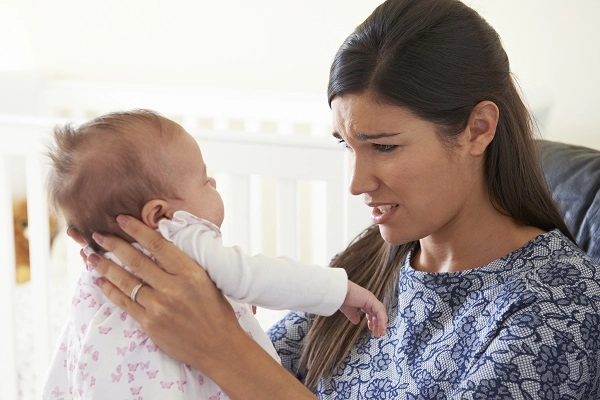It’s common to experience sadness or anxiety right after giving birth, but if those feelings linger, you may be experiencing postpartum depression.

It’s common for women to experience sadness or anxiety right after giving birth, but those feelings usually subside quickly. If they linger, you may be experiencing postpartum depression.
As many as one out of every seven mothers are affected by PPD. The signs and symptoms can differ from person to person, but watch out for these possible red flags:
- Avoiding friends and family
- Difficulty bonding with baby
- Fear of not being a good mother
- Mood swings and anxiety
- Unusual sleep habits
- Thoughts of suicide
You aren’t alone. PPD can affect any mother, even those who have not experienced depression before. Many stigmas once associated with PPD are now disappearing as it is discussed more openly. Even celebrities like Drew Barrymore, Courteney Cox and Brooke Shields have had PPD.
If you think you might have PPD, talk to your primary care provider. You can also view additional Salem Health resources through the family birth center webpages.